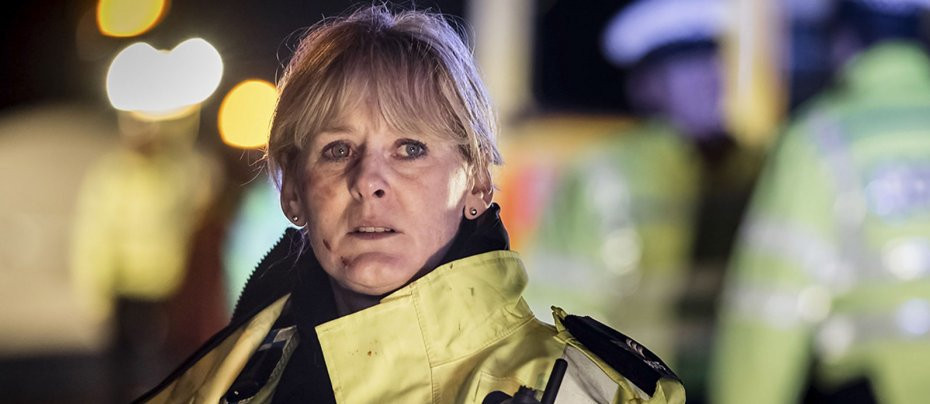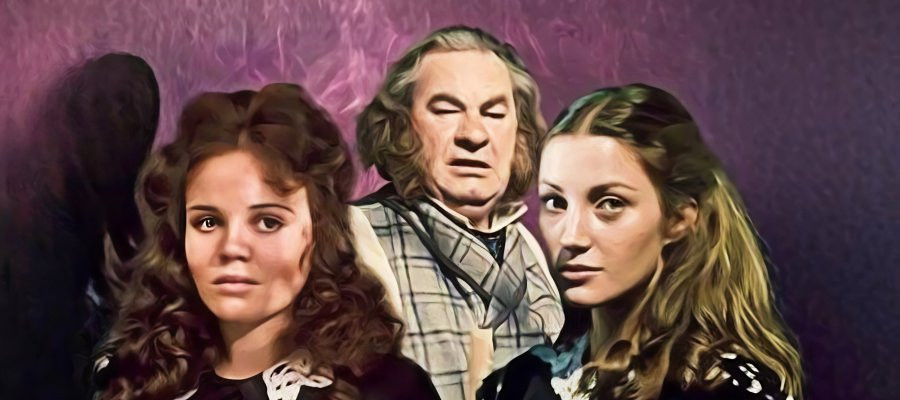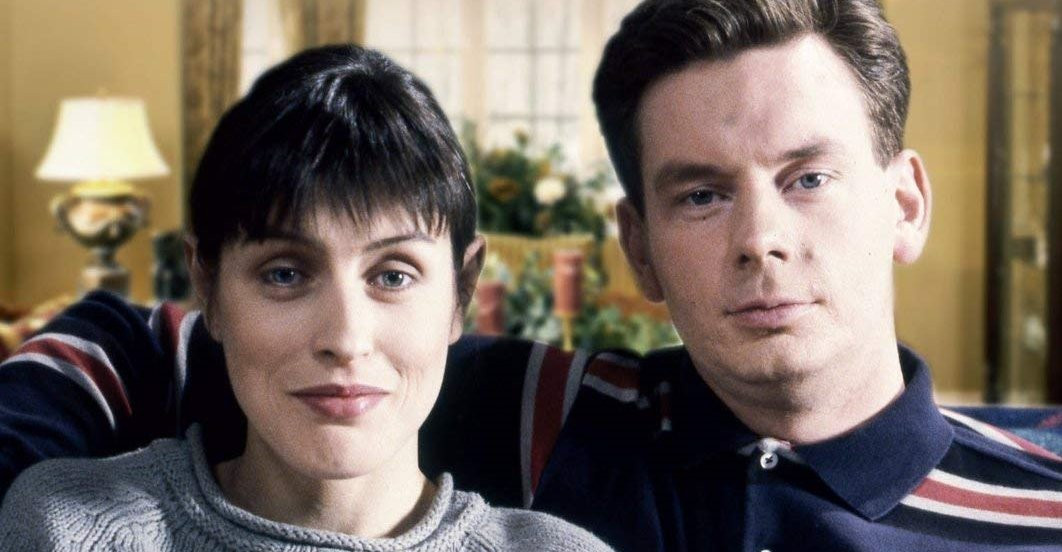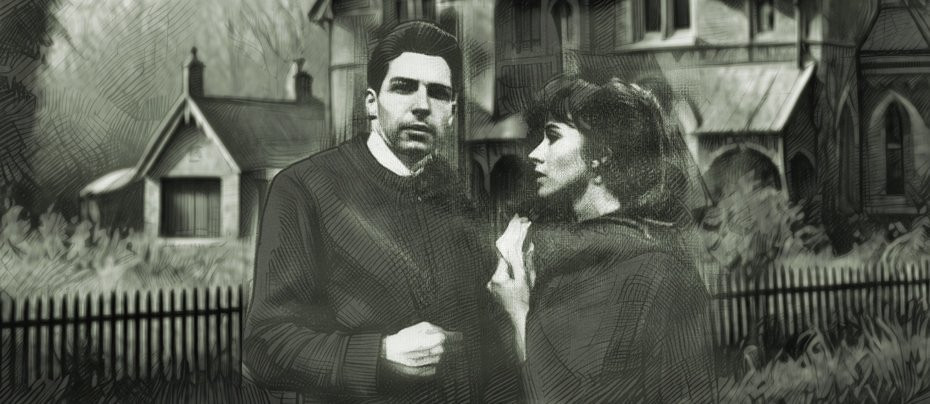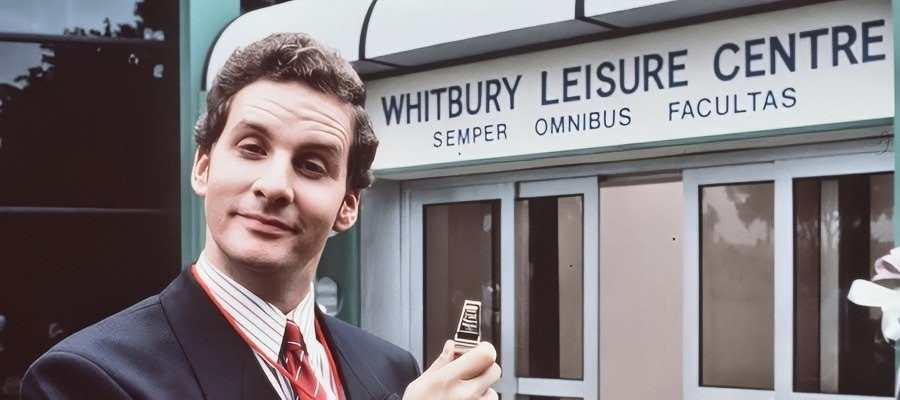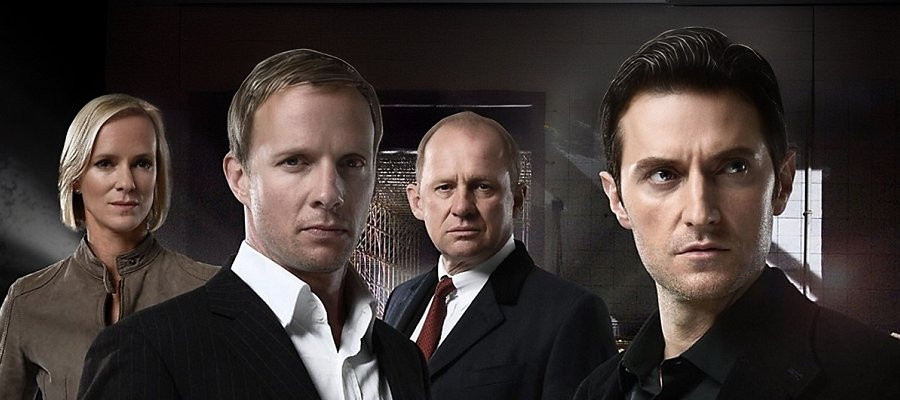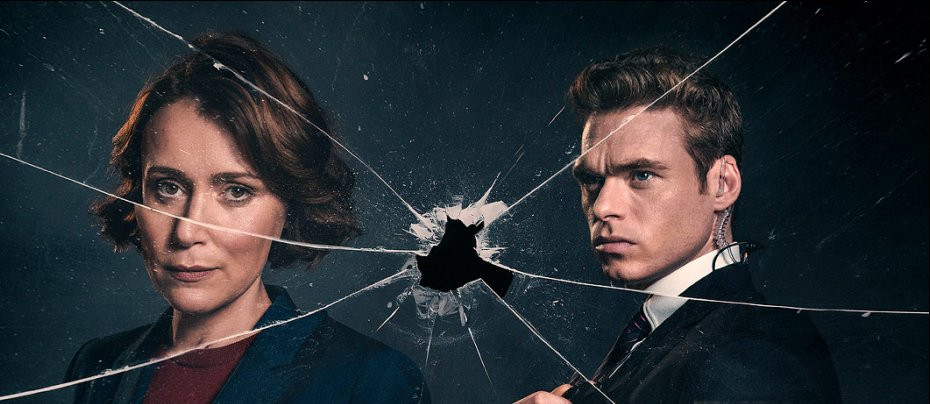
Bodyguard
2018 - United Kingdom‘the first twenty minutes or so of the opening episode are, quite simply, some of the most compelling drama you will ever see.’
Bodyguard review by John Winterson Richards
The flagship of a definite revival in BBC drama towards the end of the 2010s, Bodyguard was a huge commercial and critical success on every level. Audiences and professional critics were in agreement for once: everyone loved it. Ratings were higher than for any BBC drama in a decade. The show sold surprisingly well in overseas markets, even if one can only wonder what viewers there made of the impression it gives of modem Britain. Awards and nominations were showered on it. Most amazing of all, it was real "event television": for the first time since the end of the domination of British television by five terrestrial channels people all over the country were talking about a British produced show.
Looking at it a few years on, free from the heated atmosphere generated by media "hype" at the time, one can still see why it had the impact it did, and how, on the whole, it deserved the acclaim, but a cooler assessment must also acknowledge a number of imperfections.

To start, like the show itself, with the best, the first twenty minutes or so of the opening episode are, quite simply, some of the most compelling drama you will ever see. The viewer is thrown head first into an extremely tense situation and the suspense only builds from there. So does our sympathy for our protagonist. It is all written, directed, and played with consummate skill. It should be required viewing in film and drama courses.
Of course the problem with starting on a high is that there is nowhere to go from there but down. The show can never really live up to what is promised by that beginning which effectively grabs the viewers by the collar and all but slaps them in the face to make them pay attention. In fairness, the final episode takes us all the way back there with a similar sequence that suggests, neatly, that the story has come full circle, with a character in the same situation but now playing a different role in it. However, to get there the plot has accumulated a long chain of improbabilities and the ridiculous resolution only adds to them. The raw authenticity of the opening, which contributed greatly to the tension, is therefore lost, even if the suspense is still maintained by carefully timed direction of which Hitchcock would approve.

If the show does not quite live up to its very favourable first impression, the same is true of its protagonist, except in his case it is a deliberate decision on the part of the writer. Played by Richard Madden (Game of Thrones, Medici Masters of Florence), Sergeant David Budd is the policeman we would like to think is out there looking after us. He is observant, intelligent, brave, quick thinking, decisive, unhesitant in taking the initiative, in firm control of himself and of the situation in a crisis, and yet ethical and compassionate even under pressure.
He is the perfect hero when the circumstances demand one. However, as is often the case in real life with such personalities, there is a price to be paid for all this. The extreme emotion he must suppress when extreme calm is required still has to go somewhere. He is suffering from untreated Post Traumatic Stress Disorder (PTSD) as a result of his military service. This has also left him with a chip on his shoulder towards the politicians who voted for poorly considered deployments. His home life is a mess - something of a cliche for television cops, but often the reality for people who suffer from PTSD. He is in general socially clumsy when he cannot rely on professional formality and his judgement outside the high stress tactical situations at which he excels is actually very poor.

Despite what one would have thought was a Soviet-era parade of red flags, his initial heroics, combined with what turns out to be a hidden agenda, get him promoted to be the Principal Protection Officer (PPO) to the high flying Home Secretary, Julia Montague, played by Keeley Hawes (Ashes to Ashes). Needless to say, she just happens to be one of those politicians who voted for the deployment on which he was badly injured and lost comrades.
In the event, the potential for dramatic conflict this offers is rather ignored, because far more important is the fact that, beneath the power, she is an attractive but lonely divorcee, and he is a hunky, sexually frustrated young alpha male separated from his wife, who is having an affair. No prizes for guessing where this is going. The whole thing has a Lady Chatterley air about it. Doubtless this added to its appeal to mainstream audiences, but one cannot help feeling that a friendship developed gradually on the basis of mutual respect and understanding of different points of view might have been more grown up.
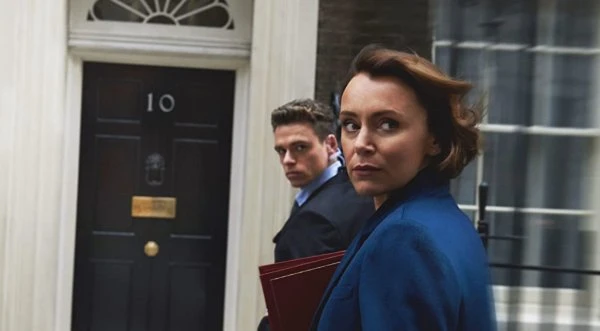
At the same time, Budd finds himself a pawn in three simultaneous games of political chess, which may or may not be related. At the most basic level, the level at which Budd is best equipped to operate, it appears that there is a very serious threat to the Home Secretary - or is Budd himself the real target? There is a good mystery here, but it proves to be the least satisfying aspect of the plot. It is here that those improbabilities, indeed downright absurdities, really pile up. Most absurd of all, when they are finally revealed, are the identity of the supposed mastermind, their motivation, and their links to other players. None of it makes any sense.
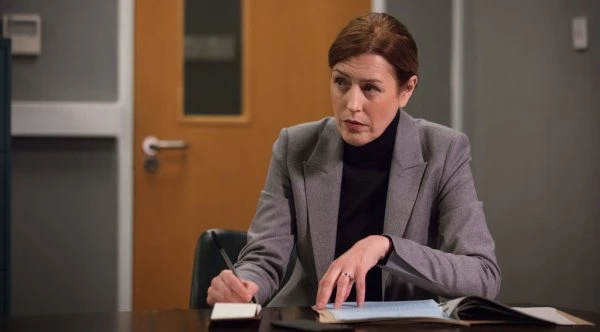
This is doubly frustrating because the other two levels of conspiracy are written very cleverly and now seem all too credible. The first relates to how the investigation of the threat is hampered by a "turf war" between the Counter Terrorism Command of the Metropolitan Police and the Security Service, as MI5 are now known. The ruthless, self-centred heads of these respective factions, the cops and the "spooks" are played by Gina McKee (Our Friends in the North) and Stewart Bowman (Versailles). Both make it very easy to believe that these are people who would burn their own mothers to increase their own influence within the bureaucracy. At first it is unclear which of them we, as viewers, are meant to be supporting, and even after one is revealed as undeniably criminal, we still retain our doubts about the other. Great stuff.

The other conspiracy plot is at the very highest level. Even as the character of Julia Montague becomes a bit more sympathetic, the script never loses sight of the fact that she is ferociously ambitious. She in fact "on manoeuvres" with the clear intent of replacing the Johnsonesque Prime Minister. At the same time, she is deliberately sidelining her deputy, the Minister of State for Security, who is loyal to the Prime Minister. Just as we are beginning to feel a bit sorry for the good natured old politico, played by Vincent Franklin, he is revealed to be playing his own game. Looking back at all this in 2023, it all seems rather prescient.
The political aspect is in fact handled a lot better than it is in some explicitly political drama shows such as Roadkill. The political characters seem real and are given believable motivations, unlike those on the thriller side of things. The script also invites us to reflect on the power of the modern surveillance State, whether it is necessary or perhaps counterproductive, whether it is even effective at what it is supposed to do, whether it can be manipulated, and whether anyone can be trusted with so much power and how they might be held accountable in a democracy - but without bashing the viewer on the head with a particular agenda. This is how political drama should be done: it shows rather than tells.

In the same way it invites us to reflect on the increasingly paramilitary style of policing that has come from abroad. The Metropolitan Police Armed Response teams are portrayed here as dangerously trigger happy. It is not the place of a television reviewer to comment on whether or not this is accurate, but the script is within its rights to suggest, without lecturing us, that this is a debate we might want to have.
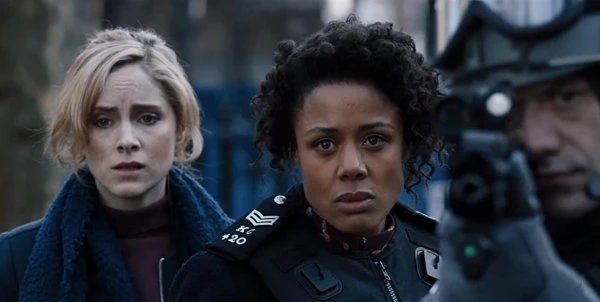
Writer Jed Mercurio worked for the NHS and served in the RAF Reserve, so he is at home with jargon and formal procedures. Whether or not the semi-legalese we hear in a constant stream in Bodyguard is entirely accurate is not the point - what matters is that it all sounds convincing. This realism does, however, increase expectations, which leads to a difficulty less apparent in more formulaic cop shows. It is a well established trope that a single heroic, all-knowing detective will basically crack the case on his own while everyone else in law enforcement looks slightly confused - when in reality a major investigation would depend on a large number of different people doing their parts. So, while it is by no means contrary to dramatic convention that Budd always happens to be where something is going on, it does seem out of place in a production that is so dedicated to authenticity in other respects. The truth is that Budd would have been sent home at an early stage of such an important case in which he was directly involved while other officers checked up on him and every aspect of his conduct very thoroughly. He would never be allowed to run around on his own so much.
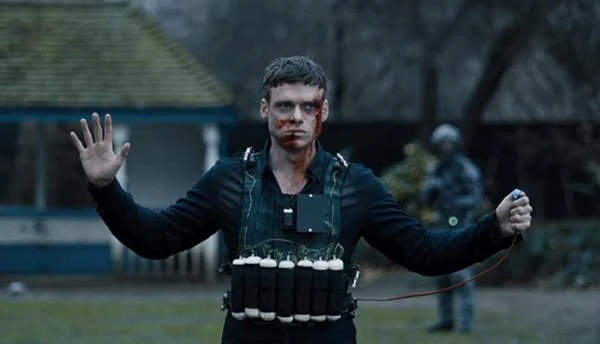
Madden is nevertheless a convincingly flawed hero and proves that there is a lot more to him as an actor than previous beefcake roles might have suggested. Hawes, who had also worked with Mercurio on Line of Duty, is a credible leader figure as the Home Secretary and it is not her fault that her affair with Budd seems out of character. McKee and Bowman should have their own show. From the perspective of 2023, when such things are noticed more than they were in 2018, one might wonder if the casting policy for Police officers reflected how the Met would like to be or how the Beeb would like the Met to be rather than how the Met actually is - this is a trivial point but it obviously mattered to the people in charge of the policy. However, the general quality of the performances is such that the suspension of disbelief is never in serious danger. If the Chief Whip character seems too shouty and aggressive for an experienced politician, it seems that there are indeed such people even at the top level in modern politics.
Overall, Bodyguard has aged surprisingly well and, if it is probably a few inches short of being a true classic it is at least a classy production in every department. A sequel is in development which may be a mistake in dramatic terms, even if one can understand the commercial imperative. One can only stretch the credibility of a character so much in a realistic drama and Bodyguard probably took Budd as far as he can go. More importantly, it is very difficult to see how any sequel could top the original - a principle that should be applied a lot more frequently these days and particularly in the case of a show as good as this.
Seen this show? How do you rate it?
Seen this show? How do you rate it?
Published on February 21st, 2023. Written by John Winterson Richards for Television Heaven.



